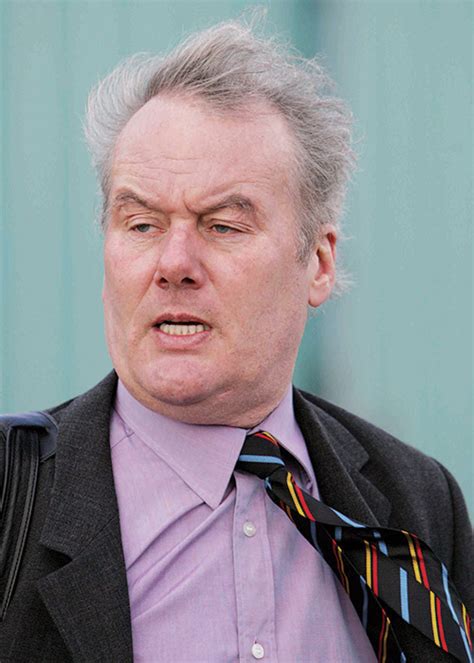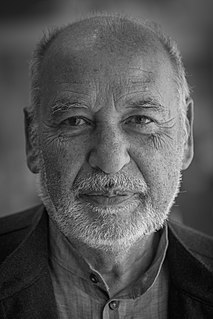A Quote by Ira Glass
When I was in college, I was a semiotics major, which is this hopelessly pretentious body of French literary theory.
Quote Topics
Related Quotes
The same tantalizing guile and sublime skill....[The series is] reinforced in its claim to be one of the major literary works of this century....Only two other writers that this reviewer can think of have each created an entire, discrete and compelling world, a totally believable entity which one might wish to inhabit, and they are Joyce and Proust. It is not pretentious to place Patrick O'Brian in the first canon of literature.
...if use is not an appropriate criterion for decision making in the academic life, what is? Love. ...The virtues of love as a criterion for choosing a college major...it is not pretentious. "Use" is pretentious because it claims to know something about the future that it doesn't really know. Love is immediate... [love] guarantees that you will work to your highest potential...it is part of who you are, and not just something you think, often wrongly, that you can use.
Most of my formal choices are a combination of everything I learned about form - semiotics, linguistics, and the history of style experimentations tethered to literary movements (formalism, deconstruction, modernism, and postmodernism), and the basic principal of breaking every rule I ever learned from a patriarchal writing tradition that never included my body or experience, and thus has nothing to offer me in terms of representation.
Intellectually the French are wonderfully open, in a way the British just don't begin to be. You can question ideas in France, endlessly. In Britain, two things happen when you do that. Either you're branded an intellectual, which is fundamentally mistrusted, or you're branded a phony and pretentious, which people despise.
I'm even stunned at some of the majors you can get in college these days. Like you can major in the mating habits of the Australian rabbit bat, major in leisure studies... Okay, get a journalism major. Okay, education major, journalism major. Right. Philosophy major, right. Archeology major. I don't know, whatever it is. Major in ballroom dance, of course. It doesn't replace work. How about a major in film studies? How about a major in black studies? How about a major in women studies? How about a major in home ec? Oops, sorry! No such thing.
What was needed was a literary theory which, while preserving the formalist bent of New Criticism, its dogged attention to literature as aesthetic object rather than social practice, would make something a good deal more systematic and 'scientific' out of all this. The answer arrived in 1957, in the shape of the Canadian Northrop Fryes mighty 'totalization' of all literary genres, Anatomy of Criticism .

































